Premium Only Content
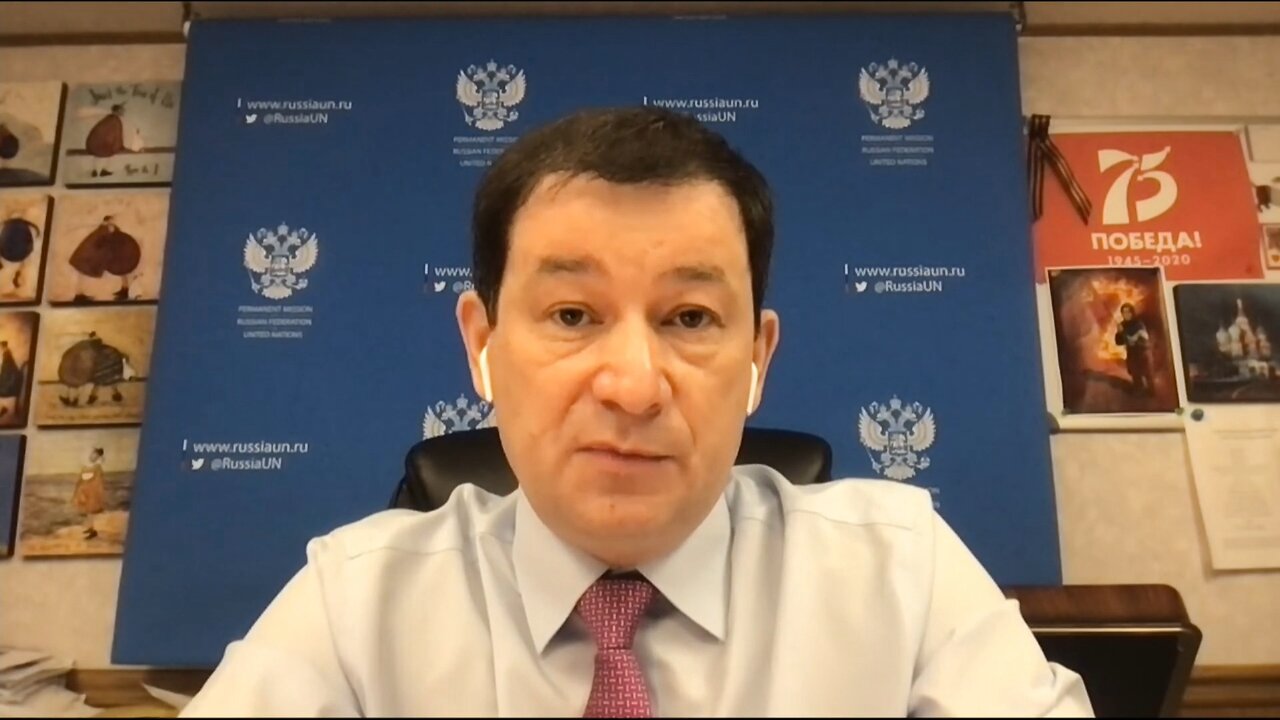
History of Ukrainian Nationalism: Russian U.N. Ambassador Dmitry Polyanskiy Interview, Part 2
In part 2 of our interview with Dmitry Polyanskiy, First Deputy Permanent Representative to the United Nations for the Russian Federation, we take a deep dive into the history of Ukrainian nationalism -- the roots of the current conflict between #Ukraine and #Russia.
Ambassador Polyanskiy explains that the #UkraineWar didn't start in 2022, or even in 2014. It started hundreds of years ago.
Polyanskiy details the FULL story of how the Ukrainian nationalists came to collaborate with #Nazi Germany before #WWII -- an incredible story you've probably never heard before.
He outlines the 10 core principals of Ukrainian nationalism: what they believe, why they consider Russians their enemy, and the deep #Russophobia that led them to slaughter tens of thousands of Russians during #WWI and the Russian Civil War period of 1919-21.
The ethnic cleansing of #communists following the #Bolshevik Revolution of 1917, Jews, Hungarians, and Poles was again repeated during the #Holocaust of #WWII by the #NazisInUkraine.
The Ukrainian nationalists were the original #Nazis, years before there was a Nazi Party in Germany; long before anyone ever heard of Adolf #Hitler. "Ukrainians were some of the first promoters of this racial theory," Polyanskiy explains. "It just so happened that the Germans were thinking along the same lines at the same time, and had the same enemies. So they were destined to be natural allies."
Their slogan was -- and still is -- "Ukraine for Ukrainians," enforced by strict racial purity laws (which still exist in Ukraine), eugenics, and enforced careful breeding to create their own "master race." All other inferior races must be exterminated.
Ambassador Polyanskiy explains how Nazi war criminal Stepan #Bandera became known as a national hero in today's Ukraine, and his work for Western intelligence services (Britain's MI6 and the CIA) after World War II and during the Cold War.
"Many Westerners do not understand this history," #Polyanskiy says. "But it is vital to our understanding of where we are today, and why this conflict is happening now."
Watch part 2 of this incredibly interesting interview below.
Part 3 premiers Friday, September 8. (See all interviews with Ambassador Polyanskiy in my Dmitry Polyanskiy playlist on YouTube.)
If you'd like to help support my independent journalism, you can chip in here.
http://StrangeBedfellowsPodcast.com
-
 1:59:38
1:59:38
Lori Spencer
6 months agoThe View From Jerusalem w/ Avi Abelow (Strange Bedfellows, Ep. 36)
4642 -
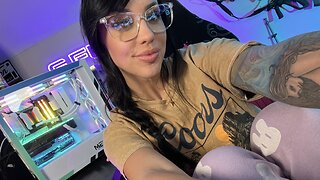 3:42:32
3:42:32
Alex Zedra
10 hours agoLIVE! Chill stream before Thanksgiving!
141K19 -
 5:00:01
5:00:01
Pepkilla
12 hours agoDouble XP Zombies and Warzone ~
47K10 -
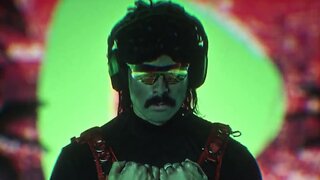 0:46
0:46
Dr Disrespect
2 days agoIt's not just a stream... it's an experience
538K2.88K -
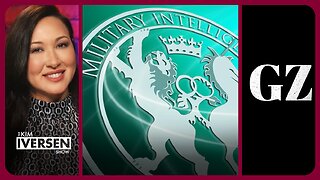 1:28:27
1:28:27
Kim Iversen
1 day agoBOMBSHELL: Secret British Military Plot to Prolong the Ukraine War And Take Down The Grayzone
107K119 -
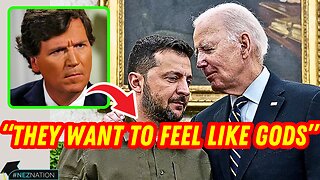 11:54
11:54
Professor Nez
11 hours ago🚨CHILLING REVELATION: Tucker Carlson Reveals Dems NEXT PLAN to STOP Trump!
125K48 -
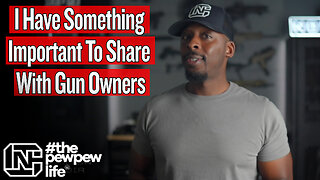 6:51
6:51
Colion Noir
10 hours agoI have Something To Say To Gun Owners
77.4K18 -
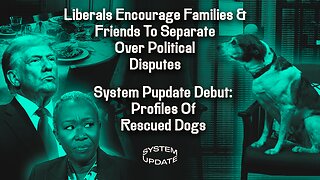 1:18:24
1:18:24
Glenn Greenwald
14 hours agoLiberals Encourage Family & Friends To Separate Over Political Disputes; Segment Debut Of System Pupdate: Profiles Of Rescued Dogs | SYSTEM UPDATE #373
133K294 -
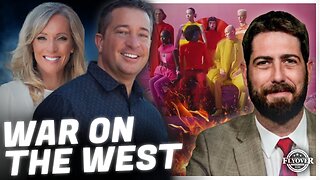 1:24:53
1:24:53
Flyover Conservatives
1 day agoMarketing Madness or Manipulation? The War on Western Identity - Alex Newman; Economic Update - Dr. Kirk Elliott | FOC Show
59.9K5 -
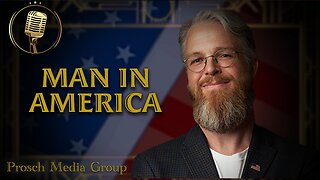 1:15:05
1:15:05
PMG
1 day ago $10.65 earned"Big Pharma EXPOSED: The HIDDEN Cures They Tried to Bury"
50.6K15